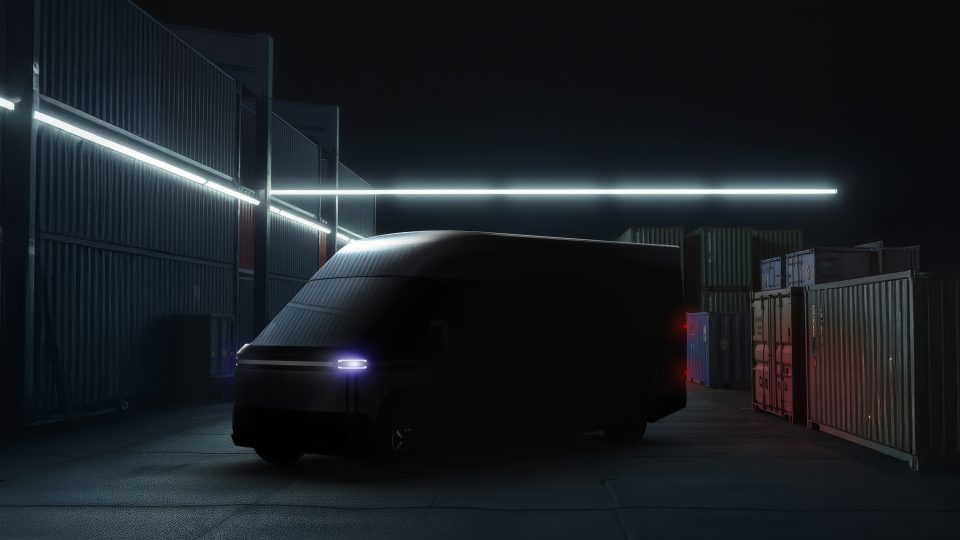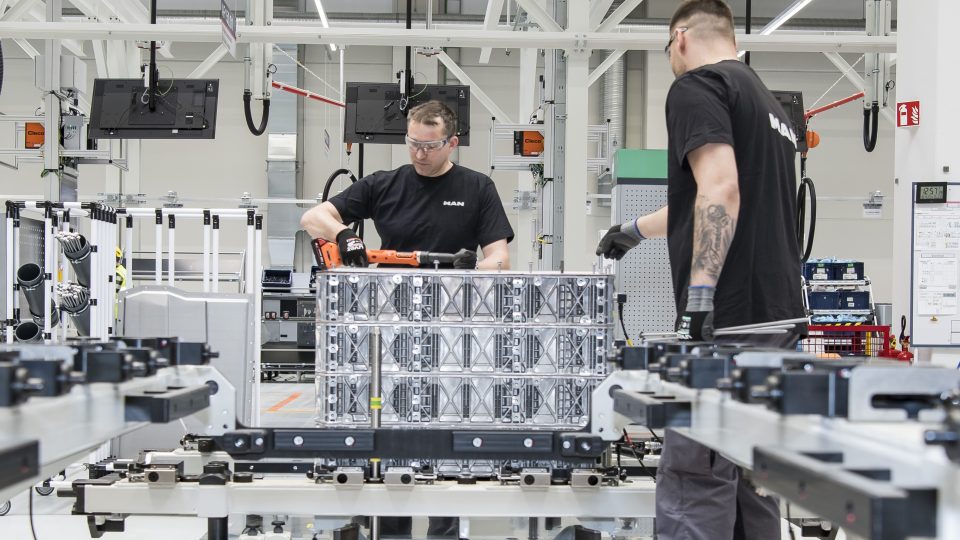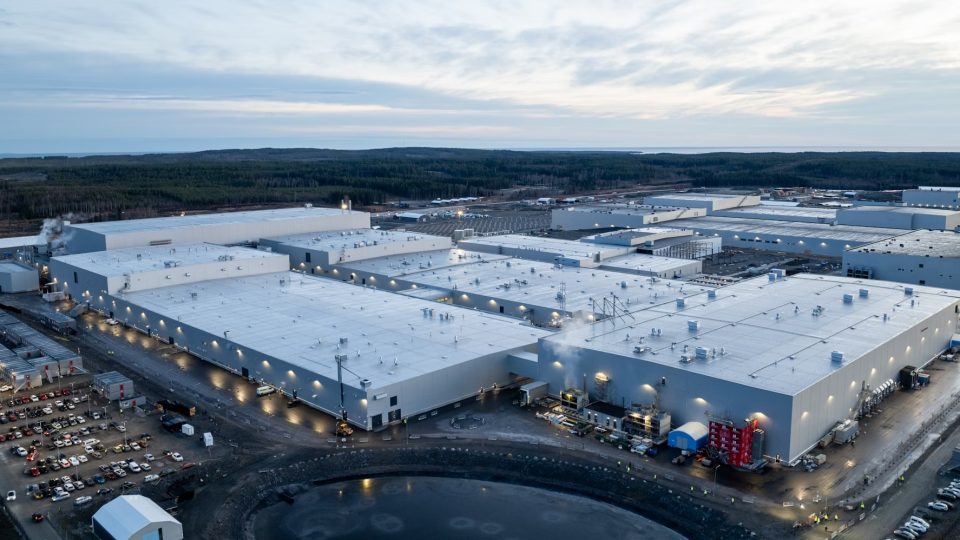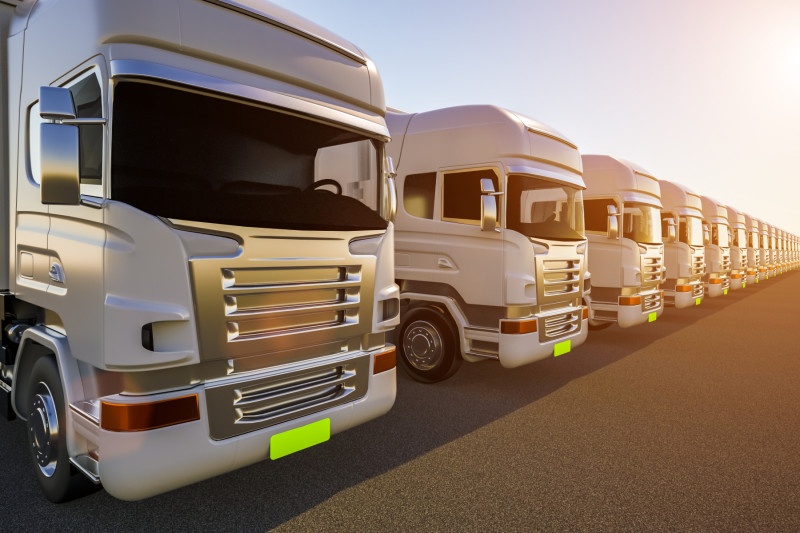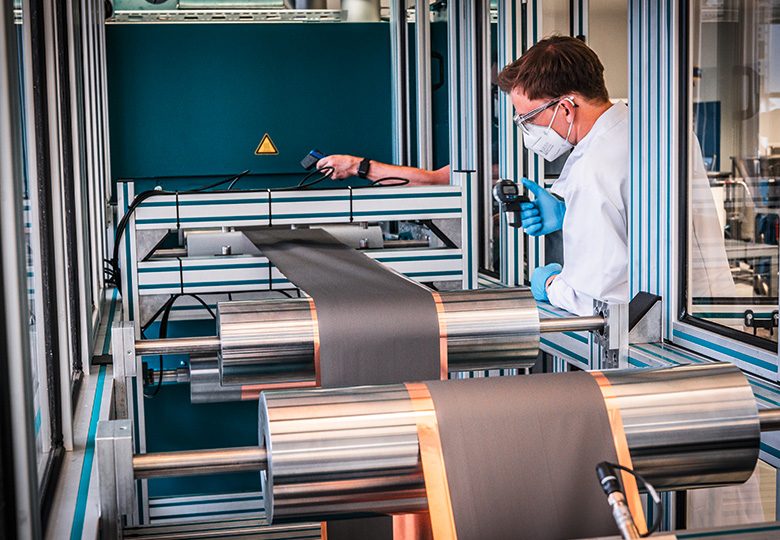Fuel cells, Ballard to get $40 million grants to build production gigafactory in Rockwell, Texas
The grants will support Ballard’s construction and build-out of an integrated fuel cell production Gigafactory based in Rockwall, Texas. In Phase I, Ballard plans to invest approximately US$160 million (net of the US$40 million in expected DOE grants) from 2024 through the end of 2027 to build and commission a new manufacturing facility.
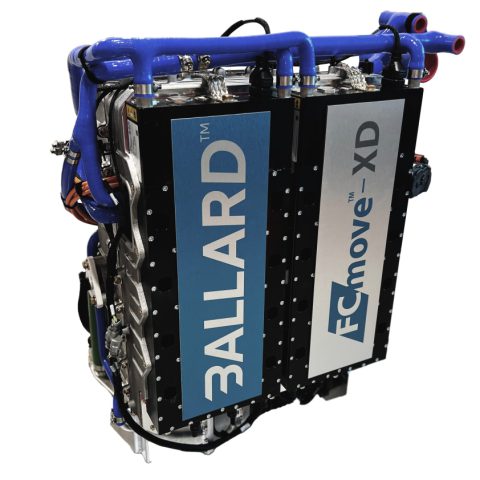
Ballard Power Systems has received notification from the Hydrogen and Fuel Cell Technologies Office within the U.S. Department of Energy (DOE) that Ballard’s applications for two grants totaling US$40 million under the Clean Hydrogen Electrolysis, Manufacturing, and Recycling Program have been selected and recommended for negotiation of financial awards.
The grants will support Ballard’s construction and build-out of an integrated fuel cell production Gigafactory based in Rockwall, Texas. In Phase I, Ballard plans to invest approximately US$160 million (net of the US$40 million in expected DOE grants) from 2024 through the end of 2027 to build and commission a new manufacturing facility with annual production capacity of 8 million membrane electrode assemblies (MEAs), 8 million bipolar plates, 20,000 fuel cell stacks, and up to 20,000 fuel cell engines per year, or the equivalent of 3 gigawatts of fuel cells. Future phases are expected to further increase production scaling and capacity expansion.
Final decision expected on Ballard gigafactory in Texas
Ballard expects to make a final investment decision on this facility later in 2024, pending completion of customary conditions, including necessary approvals, negotiation of final awards with the DOE, and definitive agreements.
“We are thrilled to be recommended for participation in the Clean Hydrogen Electrolysis, Manufacturing, and Recycling Program,” said Randy MacEwen, Ballard’s President & Chief Executive Officer. “We are grateful for the strong support of the DOE’s hydrogen policies that position the U.S. for future scaling of hydrogen and fuel cells. This is particularly important as the U.S. accelerates a path towards environmental sustainability and energy security, while continuing to boost domestic manufacturing and bolster critical supply chains”.




